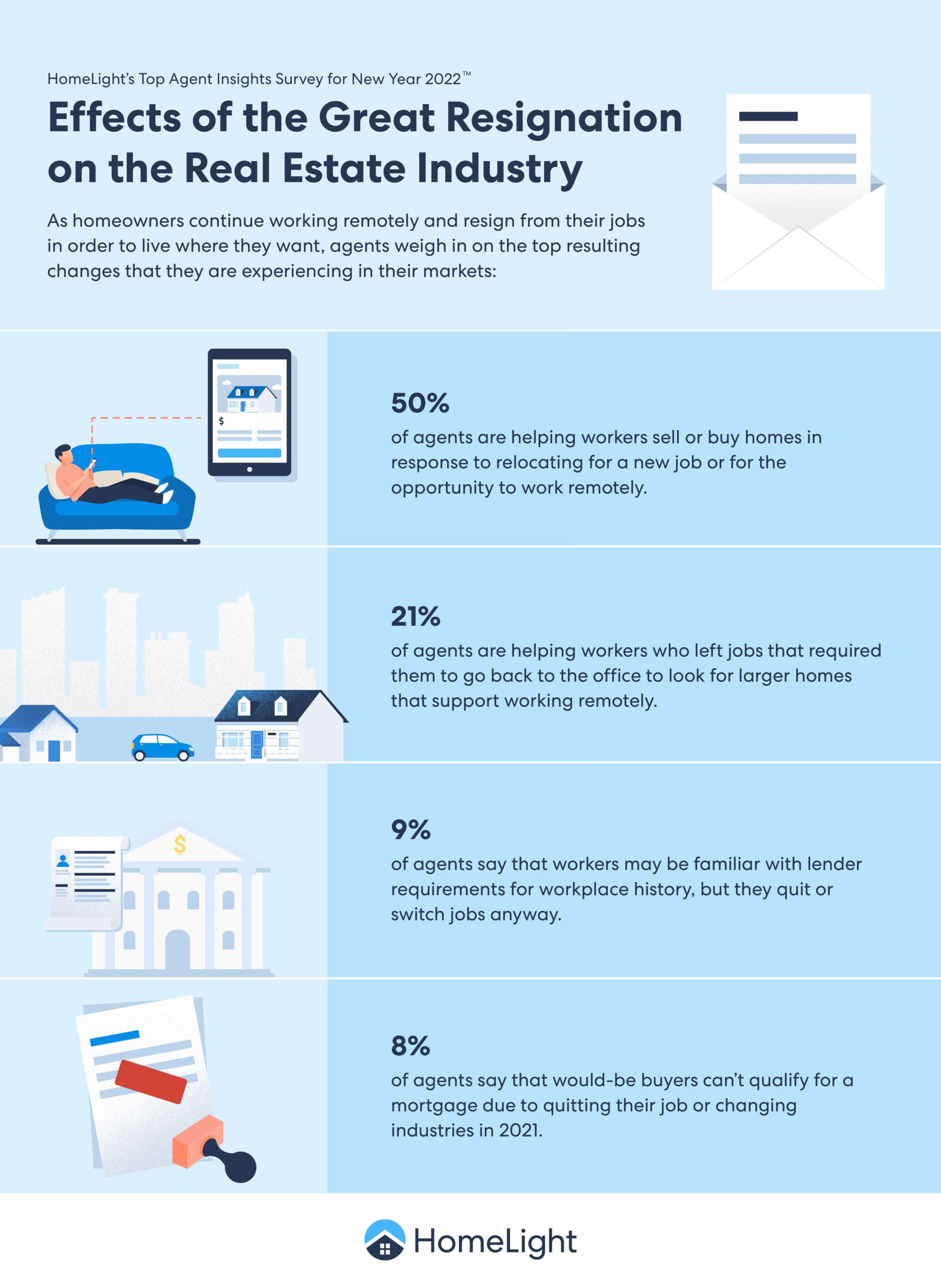
With summer gone and fall now upon us, home sales will start to drop off. That is typical this time of year. Yet there are indications that the market is cooling down overall. We may have reached a peak of sorts in 2021. And if that proves to be the case, what will next year look like? Will vacation homes survive any further cooling in 2022?
The National Association of Realtors’ (NAR) Lawrence Yun thinks vacation homes will be just fine for the foreseeable future. He believes the market is still strong. Time will tell if he is correct. In the meantime, buyers looking for new vacation homes can obviously choose between existing stock and building brand-new.
Signs of a Further Cool Down
We expect home sales to cool this time of year. With school back in session and summer vacations over, fall and winter are not ideal months to try to move. But what now appears to be a seasonal cooling could lead to something greater next spring. According to an article published by Florida Realtors in late September 2021, there are a few signs suggesting a coming cool down.
First and foremost, prices on existing homes shot up a surprising 18% in 2021. That translates to a median home price of just under $360,000. Home prices that high have a habit of pricing out first-time buyers who simply do not have enough money to make a down payment. Even if they do have enough income to support a purchase, banks will not look at them. And without first-time buyers, sales fall.
There is also speculation that the Fed will start inching up interest rates over the next several quarters. Some say rates could be as high as 3.5% by the summer of 2022. Just like low interest rates motivate buyers to buy, higher rates discourage them from doing so.
Vacation Homes are Still in Demand
Despite cooling numbers in the residential market, the vacation market continues unabated. There is still strong demand, especially among buyers looking for luxury vacation properties. There could be several things in play here as well, according to Park City Utah’s Sparano + Mooney architectural firm:
- Remote Work – The rise of remote work during the COVID pandemic will ultimately translate into permanent remote work for a certain segment of the workforce. Those who can afford vacation homes are looking to combine remote work with their idyllic vacation destinations.
- Rental Income – Vacation homes offer the extra benefit of generating rental income. A vacation home in Park City, UT draws wealthy skiers in the winter and rabid nature lovers in the summer. A home on the Florida coast attracts sun worshipers year-round. Rental income can cover the cost of a homeowner’s mortgage and generate some profit as well.
- Investment Opportunities – Financial markets have been up and down quite a bit over the last 20 years. Today’s investors tend to look for more stable investments, real estate being one of them. A vacation home represents an investment opportunity with plenty of promise.
Whether it is a ski lodge in Utah or a beach house in Florida, a vacation home appeals on many levels. It represents an opportunity to escape whenever you want to get away. It can generate income and act as a retirement investment. There is a lot to love about the idea.
Is a real estate cool down coming? And if so, will vacation homes survive? The NAR’s Lawrence Yun believes they will. Ultimately, buyers will determine the future of the American vacation home. If buyers want them, sellers will sell them.
Provided by How To Buy a House Remotely (With Zero Regrets)


